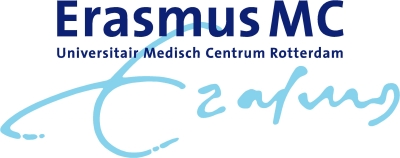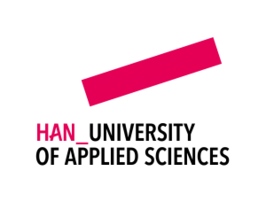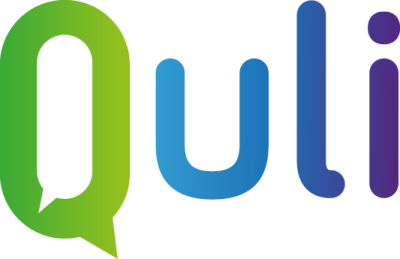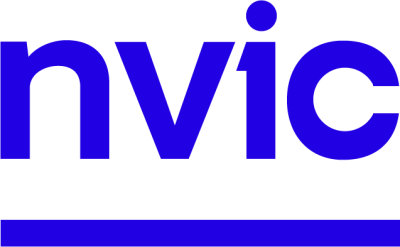DIGNIC: DIGITAL PERSONALISED AFTERCARE FOLLOWING AN ADMISSION IN THE INTENSIVE CARE UNIT
After ICU admission a majority of patients and their relatives experience long term physical, cognitive and mental consequences called Post-Intensive Care Syndrome (PICS) or PICS-Family. They express a need for long term aftercare and rehabilitation. In the Netherlands, currently ICU aftercare is not structured and not personalised. Foundation Family and patient Centered Intensive care including patient organisation IC Connect asked partners in clinical practice, research, and ICT to help them to develop an E-health solution.
Each year 80.000 patients are admitted to the ICU, with a multitude of relatives. Over 50% develops PICS. An E-health tool would enable more personalised post-ICU care. E-health includes both digital information and communication to support and/or improve health and healthcare. Smart digital innovation of care processes to enhance high quality, accessible, available and affordable (follow-up) care could meet new priorities in e-health among patients and relatives after an admission in the intensive care unit (ICU). Developing a personal health environment, “PGO ICU-(after)care”, could possibly bridge the gap in integrated ICU follow-up care through providing relevant information, self-monitoring and stimulating selfcare.
The study consists of three work-packages (WPs) with the following objectives:
WP 1.Describing the needs and priorities among ICU survivors and their relatives in all phases of rehabilitation and recovery - with regard to e-health and specifically in a PGO ICU-(after)care.
WP 2. Development and testing of one or more prototypes of the PGO ICU-(after)care.
WP 3.To determine the feasibility of PGO ICU-(after)care from the perspectives of ICU survivors, relatives and ICU professionals.
Deliverables
From an existing e-health platform (Quli BV), processes are newly build up or significantly improved for a new target group, ICU survivors and relatives, to enable professional support. This e-health intervention, PGO ICU-(after)care, should inform, support, and integrate with blended care, for example, collecting health data and offering an e-consultation.







